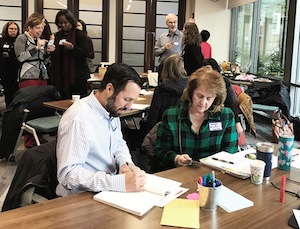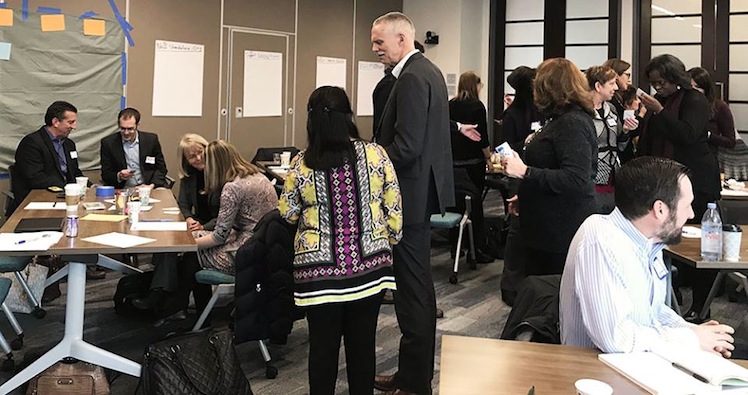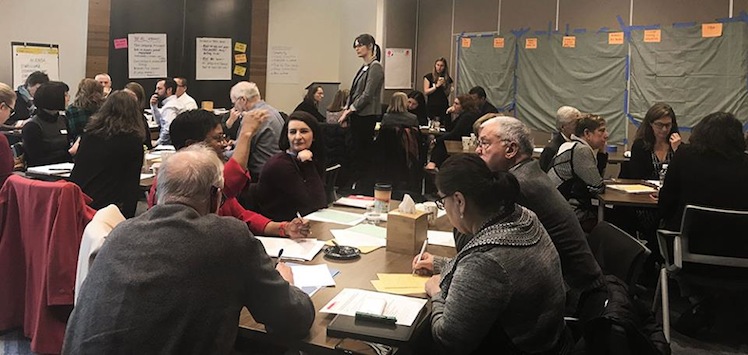By Rolfe Larson, Senior Business Planning, Social Enterprise and Strategic Planning Consultant at Joining Vision and Action
There you are, facing a BIG healthcare decision, feeling a bit lost in the haze of medical jargon and doctors on tight schedules talking a mile a minute. Even if you feel good about your healthcare providers, how much do you really understand about your test results, about your diagnosis, about the decisions you need to make? Soon you’re walking out to your car, with publications in hand and prescriptions to pick up, trying hard to remember just what your doctor said.
Then imagine what this must be like for older Coloradans, for immigrants, for those with limited English proficiency or education. They experience directly many of the challenges of a healthcare system whose strength is not always clarity of communication.
One term used for this is “health literacy,” which the Centre for Literacy defines this way:
Health literacy allows the public and personnel working in all health-related contexts to find, understand, evaluate, communicate and use information. It is the use of a wide range of skills that improve the ability of people to act on information in order to live healthier lives.
 Our Work
Our Work
JVA has been fortunate recently to have an opportunity to work on this issue. In partnership with local funders and collaborating with dozens of organizations working on this problem, we’ve been exploring strategies to make the Colorado healthcare system better at communicating with patients and with the public. Research demonstrates that improved health literacy leads to improved health outcomes for patients.
Improving Health Literacy in Colorado
As is typical for JVA projects, we set out to gather as much information as possible, from credible sources both in Colorado and in other states, to better understand the problem and to explore potential structural solutions. Our science-based research team completed and analyzed dozens of individual interviews and surveys, and our business planning team reviewed multiple models that could help us here in Colorado. Finally, we facilitated a convening of more than 30 organizations and individuals in Colorado driving change in this arena, obtaining their insights and perspectives on how best to leverage resources available to improve health literacy efforts in our state’s healthcare institutions and facilities.

We’ve already learned a great deal from this work, which will help inform decisions on next steps to address this problem on the path to improved healthcare for all Coloradans.







Leave A Comment